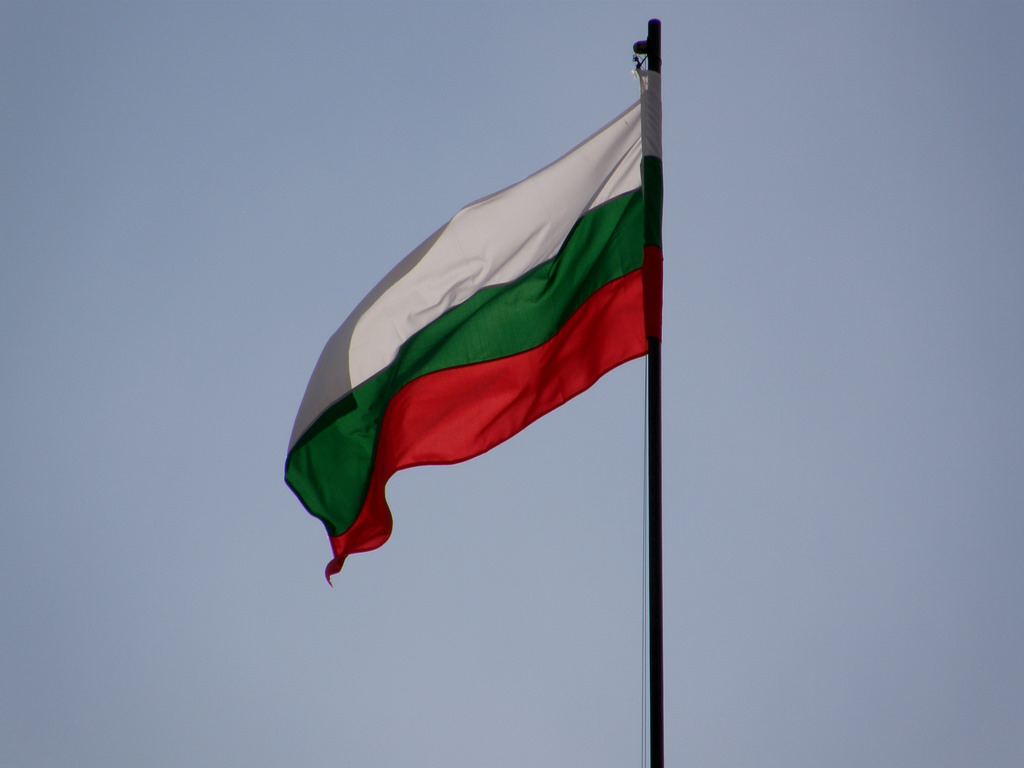An International Atomic Energy Agency (IAEA) team has praised Bulgaria's comprehensive regulatory framework for nuclear and radiation safety while emphasizing the need for strategic updates to support the country’s planned nuclear power expansion. The recommendations stem from the Integrated Regulatory Review Service (IRRS) mission conducted from 17 to 29 November at the request of the Bulgarian government.
The IRRS mission, hosted by the Bulgarian Nuclear Regulatory Agency (BNRA) and the Ministry of Health (MoH), assessed Bulgaria’s national safety systems for nuclear, radiation, radioactive waste, and transport safety. This is Bulgaria’s second IRRS mission, following its first in 2006. Key Observations and Achievements
Bulgaria, where nuclear energy accounts for 40% of electricity production, operates two pressurized-water reactors at the Kozloduy Nuclear Power Plant (NPP). Plans are underway to construct two additional units using AP1000 technology. Nuclear and radiation technologies are also employed in the country’s healthcare, industrial, and research sectors.
The IRRS team, comprising 16 experts from 15 IAEA Member States, noted several strengths in Bulgaria’s regulatory approach:
Proactive Stakeholder Engagement: BNRA’s Communication Policy ensures transparency via a robust online presence, social media, and regular press briefings.
Real-Time Monitoring: A comprehensive registry of radiation sources allows systematic tracking, including import/export oversight.
Safety in Medical Exposure: Detailed regulations ensure the justification of medical exposure, prioritizing vulnerable groups like fetuses, children, and asymptomatic individuals.
Zia Hussain Shah, the mission leader and Director General of the Pakistan Nuclear Regulatory Authority, commended Bulgaria’s regulatory maturity:“Bulgaria has a comprehensive and mature regulatory infrastructure for nuclear and radiation safety. The challenge for BNRA will be to prepare itself for the regulatory oversight of the expected expansion of Bulgaria’s nuclear power programme.”
Recommendations for Further Development
To enhance its regulatory framework and address future challenges, the IRRS team suggested:
National Policy and Strategy: Adoption of a comprehensive national safety strategy in line with IAEA standards.
Budgetary Support: Increasing BNRA’s budget to manage expanded regulatory responsibilities.
Human Resource Strategy: Developing a long-term plan for recruitment, training, and retention of regulatory staff, ensuring competitive remuneration.
Spent Fuel Management: Finalizing Bulgaria’s strategy for managing spent fuel and radioactive waste.
Specific recommendations for BNRA and the MoH included:
Leadership and Safety Culture: Conducting independent assessments of BNRA’s leadership and organizational safety culture.
Regulatory Process Updates: Systematically reviewing and updating regulations and guides.
Medical Radiation Guidelines: Developing procedures for releasing patients with implanted sealed radiological sources.
Next Steps and Bulgaria’s Commitment
BNRA Chairman Tsanko Bachiyski expressed gratitude to the IRRS team and reaffirmed Bulgaria’s dedication to nuclear safety:“The IRRS mission reaffirms our commitment to the continuous enhancement of nuclear and radiation safety. BNRA will leverage the mission's outcomes to further strengthen our regulatory capabilities and national safety infrastructure.”
The IRRS team will provide a final report to the Bulgarian government within three months, detailing their findings and recommendations.
IAEA Safety Standards
The IAEA Safety Standards form a global benchmark for nuclear and radiation safety, offering guidelines to protect people and the environment from ionizing radiation. Bulgaria’s commitment to aligning with these standards reflects its dedication to maintaining high safety standards while preparing for a sustainable and secure nuclear future.
With Bulgaria poised to expand its nuclear capabilities, the IRRS mission underscores the importance of strengthening safety measures to support technological advancements and ensure the protection of its people and environment.











